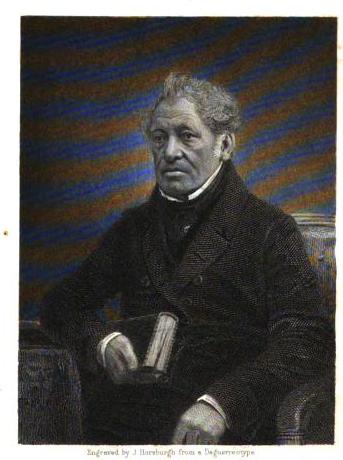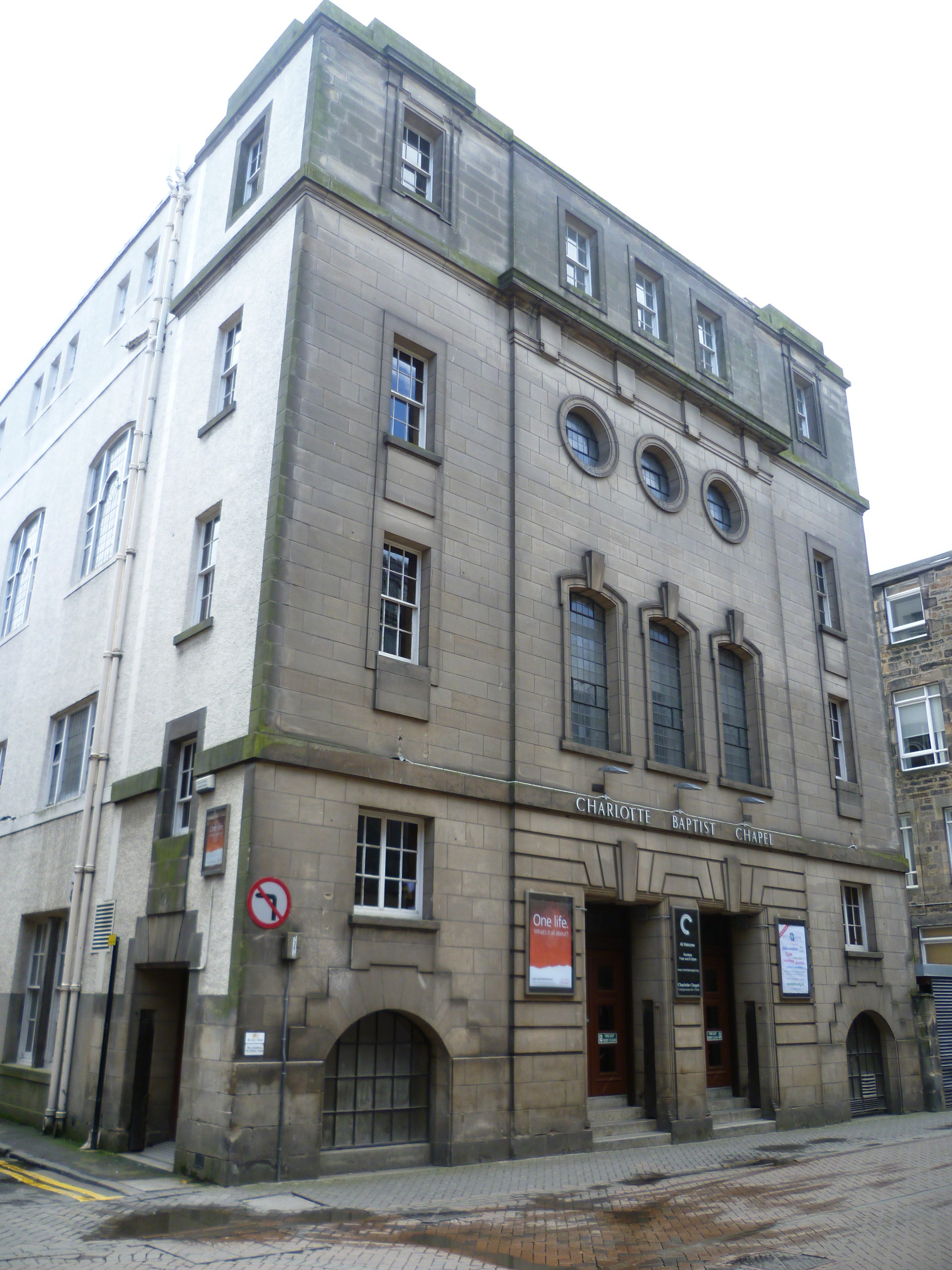Christopher Anderson (theologian) on:
[Wikipedia]
[Google]
[Amazon]
Christopher Anderson (19 February 1782 – 18 February 1852) was a Scottish theological writer and preacher.



Biography
He was born atEdinburgh
Edinburgh ( ; gd, Dùn Èideann ) is the capital city of Scotland and one of its 32 council areas. Historically part of the county of Midlothian (interchangeably Edinburghshire before 1921), it is located in Lothian on the southern shore of t ...
, 19 February 1782, the son of William Anderson, a merchant. He began life in an insurance office, but gave up his secular work and studied for the ministry, with the aim of becoming a missionary: his background was formed by followers of Robert
The name Robert is an ancient Germanic given name, from Proto-Germanic "fame" and "bright" (''Hrōþiberhtaz''). Compare Old Dutch ''Robrecht'' and Old High German ''Hrodebert'' (a compound of '' Hruod'' ( non, Hróðr) "fame, glory, honou ...
and James Haldane. Weak health prevented his accepting a missionary appointment, and he then became minister of a small congregation in Edinburgh, known as "English Baptists", at the Charlotte Chapel. He held this post until shortly before his death.
Anderson was interested in the Scottish Highlands
The Highlands ( sco, the Hielands; gd, a’ Ghàidhealtachd , 'the place of the Gaels') is a historical region of Scotland. Culturally, the Highlands and the Lowlands diverged from the Late Middle Ages into the modern period, when Lowland S ...
, and was a founder of the Gaelic School Society. He established the independent Edinburgh Bible Society. He supported the Serampore
Serampore (also called ''Serampur'', ''Srirampur'', ''Srirampore'', ''Shreerampur'', ''Shreerampore'', ''Shrirampur'' or ''Shrirampore'') is a city of Hooghly district in the Indian state of West Bengal. It is the headquarter of the Srirampore ...
mission in India, travelled to explain its objects, and collected funds on its behalf.
Anderson died on 18 February 1852. New York University
New York University (NYU) is a private research university in New York City. Chartered in 1831 by the New York State Legislature, NYU was founded by a group of New Yorkers led by then- Secretary of the Treasury Albert Gallatin.
In 1832, th ...
would have sent him a diploma, but he refused it. At his death he left a collection of early English bibles.
Works
Anderson published two memorials on the diffusion of the Scriptures in the Celtic languages; and, in 1828, a volume of ''Historical Sketches of the Native Irish''. His major work was the ''Annals of the English Bible''. It is now regarded asethnocentric
Ethnocentrism in social science and anthropology—as well as in colloquial English discourse—means to apply one's own culture or ethnicity as a frame of reference to judge other cultures, practices, behaviors, beliefs, and people, instead o ...
.
On 4 October 1835, the tercentary of the publication of the first complete English Bible by Myles Coverdale
Myles Coverdale, first name also spelt Miles (1488 – 20 January 1569), was an English ecclesiastical reformer chiefly known as a Bible translator, preacher and, briefly, Bishop of Exeter (1551–1553). In 1535, Coverdale produced the first ...
, Anderson published a sermon on ''The English Scriptures, their first reception and effects, including Memorials of Tyndale, Frith, Coverdale, and Rogers''. He then undertook his extensive ''Annals'', written from 1837 to 1845, when it was published in two volumes.
Another of Anderson's publications was ''The Domestic Constitution'', on Christian family life.
References
;Attribution H. Anderson, The life and letters of Christopher Anderson, author of 'Annals of the English Bible' ... (Edinburgh, 1854) {{DEFAULTSORT:Anderson, Christopher Scottish Christian theologians 1782 births 1852 deaths